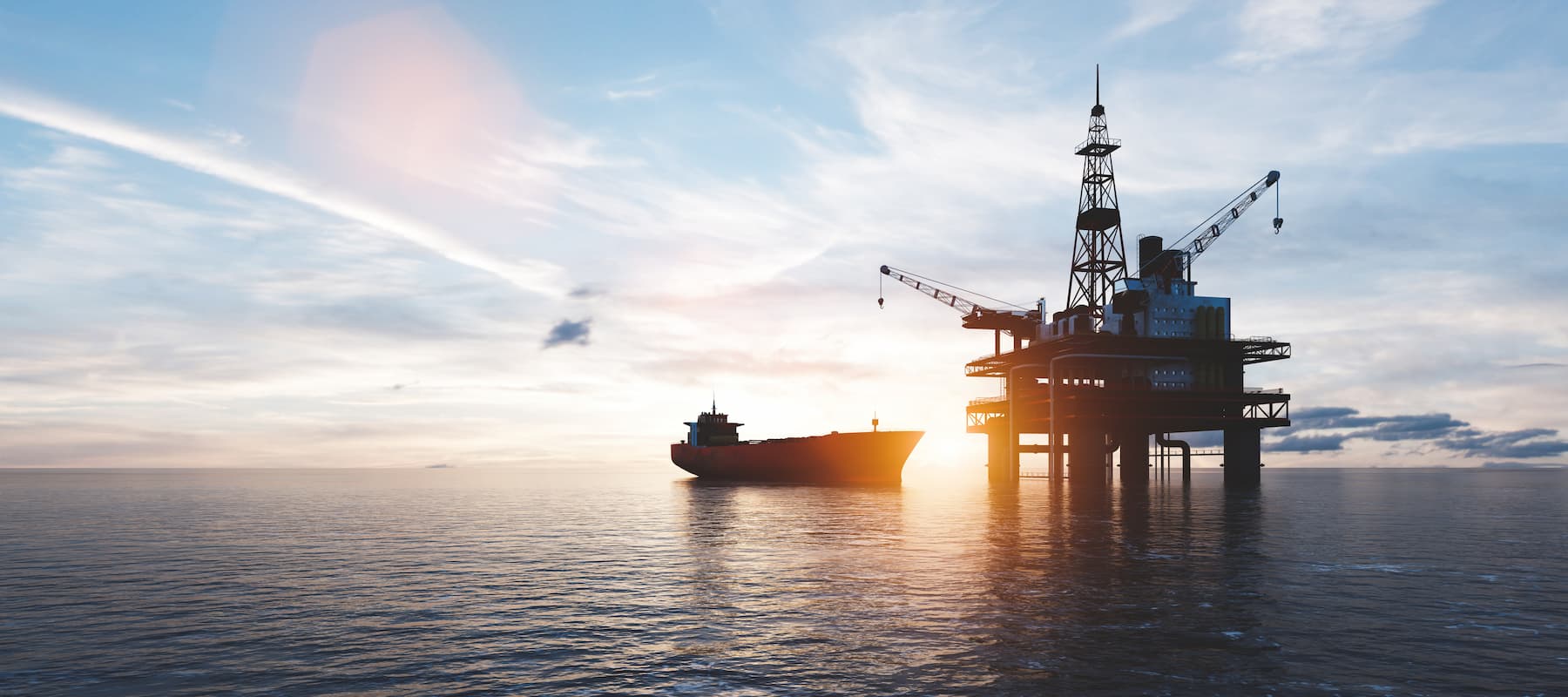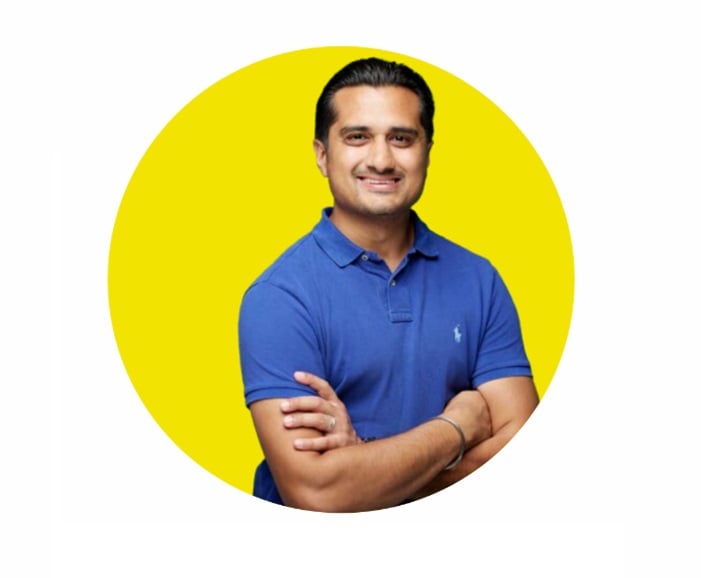Offshore Pioneering: Paving the Way for Future Decommissioning Projects
Culture and Values

Culture and Values
We recently caught up with Jasdeep, who works as an offshore specialist for Brunel and is currently providing support to the Thevenard Island decommissioning team in Australia. During our conversation, we reflected on his projects at Brunel and discussed the thriving decommissioning industry in Australia, along with the challenges it currently faces.

Offshore Specialist
Jasdeep, originally from Perth on Australia's picturesque west coast, pursued his passion for mechanical engineering and embarked on a career in pipeline construction after graduating. Since then, nearly 14 years of work experience in the dynamic oil and gas industry have helped Jasdeep hone his expertise in various aspects of his chosen discipline.

Offshore decommissioning is the process of removing and dismantling oil and gas structures, including platforms, wells and pipelines, which are no longer productive or operational in offshore waters.
As a project engineer employed by a global workforce provider like Brunel, I believe one of the significant advantages is their extensive portfolio of clients, offering diverse roles and opportunities to develop a wide skill set. With my long-term career goal focused on the oil and gas industry, I recognise the need for a diversified skill set to navigate the industry's evolving landscape in the next 20 years. Specifically, I plan to specialise in decommissioning, which is expected to be a significant industry in Australia with an estimated investment of 50 to 60 billion dollars (AUD) between now and 2050. I believe it will be a relatively small niche market with a limited number of professionals, so I see myself staying in this field for an extended period, leveraging the upcoming projects and contributing to its growth.
An opportunity arose through a secondment with a conventional energy company, and I had the option to choose from a panel of contractors, one of which was Brunel. I knew someone who was working for Brunel at that time, and that gave me confidence in selecting them. The project I was hired for involved working at an oil facility known as WA Oil on Barrow Island, the largest oil field discovered in Western Australia. I took on a facilities engineering role, assisting in managing the offshore offloading pipeline, including integrity management for that specific asset, ensuring its fitness for purpose and regulatory compliance, while prioritising accessibility and safety. I also supported integrity management for a number of other gas utility systems on the facility.
In 2020, the global oil market faced significant disruptions and challenges due to the economic slowdown caused by the Covid-19 pandemic. Plummeting oil prices resulted in reduced investment in exploration and production, leading to job losses and industry-wide impacts. It was during this time that I decided to venture into something new and started my own engineering consultancy, which I found to be a rewarding experience.
Yes, I was asked to join the Thevenard Island decommissioning team responsible for decommissioning one of the assets I had previously supported during its operational phase. I already had experience in onshore pipeline construction and had done extensive work in asset integrity and the management of both onshore and offshore assets. However, decommissioning was a new area for me. So, I saw it as an opportunity to expand my knowledge and gain a comprehensive understanding of the entire facility lifecycle.
The oil facility on Thevenard Island actively produced oil from 1989 until 2014. However, at present, all efforts are concentrated on decommissioning and rehabilitation activities. As a matter of fact, Australia in general is now entering an era of decommissioning as production winds down in long-established oil and gas fields. The execution project I'm involved in is considered Australia's largest offshore decommissioning endeavour at present. Due to the novelty of decommissioning projects, each step we take not only establishes a precedent for other operators and regulators, but also reflects on the reputations of both the end client and service companies in the industry. Successfully completing this project by the end of the year, with a strong focus on safety, could potentially become one of the biggest success stories, setting a positive path not only for myself but also for the client and the service companies I work with.
It is very exhilarating indeed! So, I am part of a small team of three engineers responsible for executing the safe removal of nine offshore platform assets for this facility. This process often requires specialised equipment, in-depth expertise and strict adherence to safety and environmental guidelines. As you can imagine, there is a significant amount of preparation and planning involved, including developing procedures, project documentation reviews, conducting risk assessments and overseeing execution, all while ensuring compliance with the client and regulatory criteria.
Connecting Specialists to Pioneering Projects